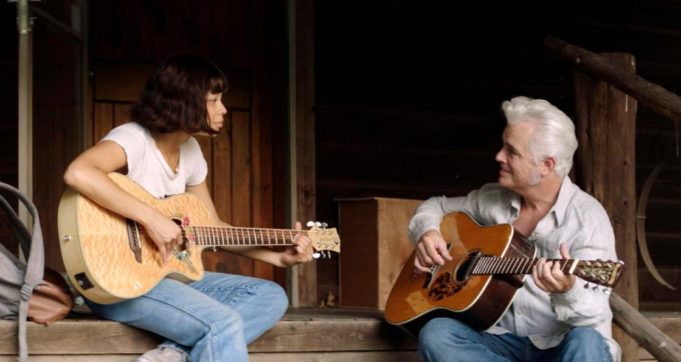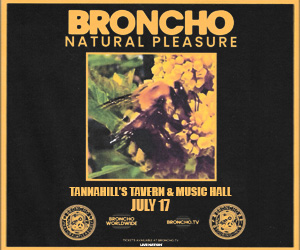A few years ago, I wrote about the AMC Grapevine Mills starting to show Filipino films. Since then, I’ve been regularly disheartened by the qualities of these movies, mostly soppy romantic comedies about endless parades of young people leading comfortable lives mooning about whether the right person is somewhere out there waiting for them (and often finding out that that person was in front of them the whole time). What’s really frustrating about this is that I know these aren’t the only type of films they make in those islands. I’ve seen horror films like Signos and thrillers like Cavite that show a different side of the Philippines. We’re unlikely to get more of those in the near future, though, because President Rodrigo Duterte is repressing all forms of creative expression over there.
Yellow Rose could have been different. It was made here in Texas, well away from Duterte’s censorship, free to depict life for undocumented Filipino immigrants in all its ugliness and in terms that American audiences can relate to. Unfortunately, that chance goes by the boards with this film’s astonishingly poor craftsmanship. You don’t have to go to the AMC Grapevine Mills to see this, but the immigrant experience of this community deserved so much a better film.
Eva Noblezada portrays Rosario Garcia, a 17-year-old girl who has lost her father and lives with her mother Priscilla (Princess Punzalan) behind the front desk of a motel in Bastrop, where they do whatever work needs doing. Priscilla keeps her daughter on such a tight leash that Rose has never even been to Austin before the nice boy (Liam Booth) who works at the guitar shop offers to take her to see Dale Watson (who portrays himself) in concert at Broken Spoke. They return late from their trip to find ICE agents leading Priscilla away in handcuffs, and a suddenly homeless Rose has to sort out her living situation.
Based on a short film by the same name, the movie is supposed to be about Rose wanting to be a country singer, but writer-director Diane Paragas’ insights into country music are shallow despite the presence of Watson both on the screen and as her partner writing songs for the soundtrack. Rose’s aunt (Lea Salonga) sings the classic love song “Dahil Sa Iyo” with her, and the movie misses a chance to comment on the similarities between Filipino kundiman and American country music. Rose herself offers up little commentary on why she wants to wear a cowboy hat and rhinestones on stage other than that she’s been listening to country since she was a small child. Her love of the music led some of her fellow students to nickname her “Yellow Rose,” and while Dale at least says, “That ain’t funny,” it still leaves the question of why the filmmakers kept the title. Worst of all, there’s nothing about why Rose picks a genre that identifies itself so closely with white America. (Country music types like to pretend theirs is the most American music, but this is a lie; the only types of music that can claim wholly American roots are jazz and rap.) For the filmmakers to make no mention of how country music tends to exclude people who look like Rose is a huge oversight.
The reason why Rose leaves her aunt’s big house in Austin is flimsy, and all the white people Rose encounters are kind and generous toward her plight. Even in Austin, that’s not what you’ll find. The one saving grace here is Noblezada, one of the bright young lights of Broadway in her very first film role, singing songs like “Square Peg” and “Quietly Into the Night” with a pleasant high soprano. Let’s hope she graces the movies in better stuff, but she can’t disguise the shoddiness of the filmmaking here. The film never would have passed muster if it had been about a white girl, which is probably the most damning thing I can say about Yellow Rose.
Starring Eva Noblezada and Princess Punzalan. Written and directed by Diane Paragas. Rated PG-13.












